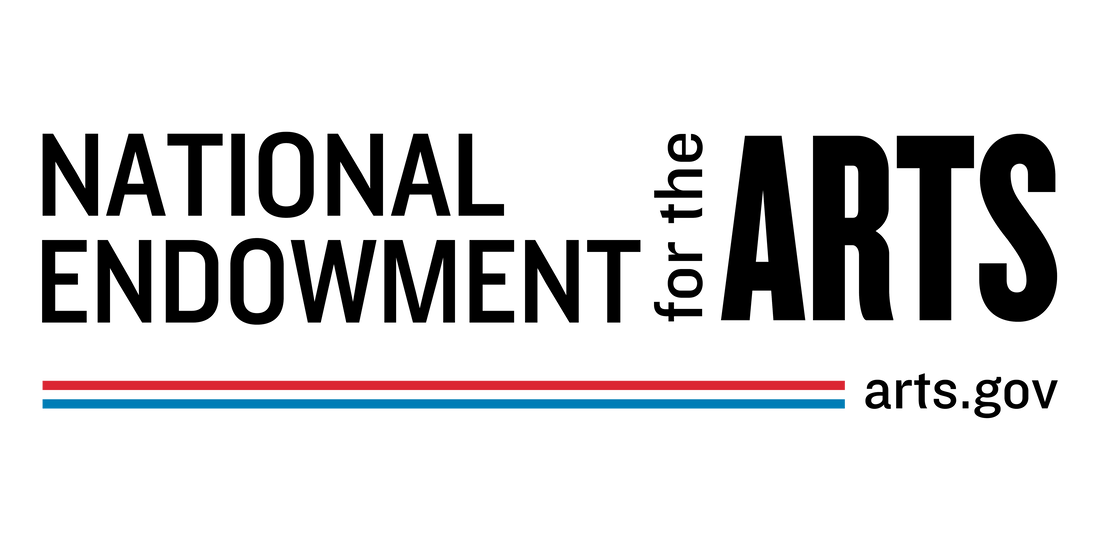|
by Ashleigh Gordon On this day in 2018, Boston Conservatory hosted New Music Gathering: a three-day meet-mingle, listen-and-be-heard convening of friends, both old and those you didn’t know you’d make. The fourth gathering of its kind, it was a platform to share honestly, connect, be inspired, and amplify a long overdue discussion: diversity in new music (be sure to catch Helga Davis’ opening keynote on the topic here if you missed it). From left to right: Melanie Zeck (photo by Liz Boros Kazai), Ashleigh Gordon (photo by www.RobertTorresPhotography.com, and Lucy Caplan
It was at this gathering when I had the chance to challenge the fundamental concept of what “new music” is. With fellow provocateurs Melanie Zeck (Reference Librarian at the American Folklife Center of the Library of Conference, and former Research Fellow at the Center for Black Music Research in Chicago) and Lucy Caplan (Lecturer at Harvard University with particular interests in African American music, opera and cultural criticism), we argued that the music of Black composers is often new to our ears regardless of when it was written. It’s “new music” in the sense that it’s unheard and unknown by most audiences, long since left from main concert stages, and failed to cross people’s minds as even being a possible creation in the first place. Highlighting archival research, scholarship, and performance application, we challenged the notion of a fixed music canon, discussed the ramifications that structural racism bears on legacy and accessibility, and advocated for how we can use resources already in place to dismantle a cycle of neglect. We unpacked the ways our very words exacerbate the issue: how a composer like Florence Price could be “rediscovered” multiple times despite the fact that scholarship and performance of her work never ceased in some circles; or how others still could be “forgotten” or “lost” as though misplaced like a set of keys without regard to the intentional and calculated efforts that enabled their “disappearance.” New Music Gathering provided us with the opportunity to openly discuss such topics with a community willing and eager to listen. While this is certainly a time when convening and gatherings of community in public spaces are prohibited, this is still the time to engage in dialogue around representation, accessibility, visibility, and diversity. In fact, this is arguably a perfect time to quite literally build a new and improved cultural landscape with equity at its center. With the ongoing ICE New Music Virtual Town Hall Meetings, New Music USA and American Composer Forum conversations, and the June 15-30th virtual New Music Gathering, there are ample opportunities with captive movers and shakers in the field to engage, probe, prod, challenge, and co-create such a future. When new music gathers with diversity and equity at its center, we all win.
1 Comment
Leave a Reply. |
Details
Writings, musings, photos, links, and videos about Black Artistry of ALL varieties!
Feel free to drop a comment or suggestion for posts! Archives
May 2024
|
Member Login
Black concert series and educational programs in Boston and beyond


 RSS Feed
RSS Feed










